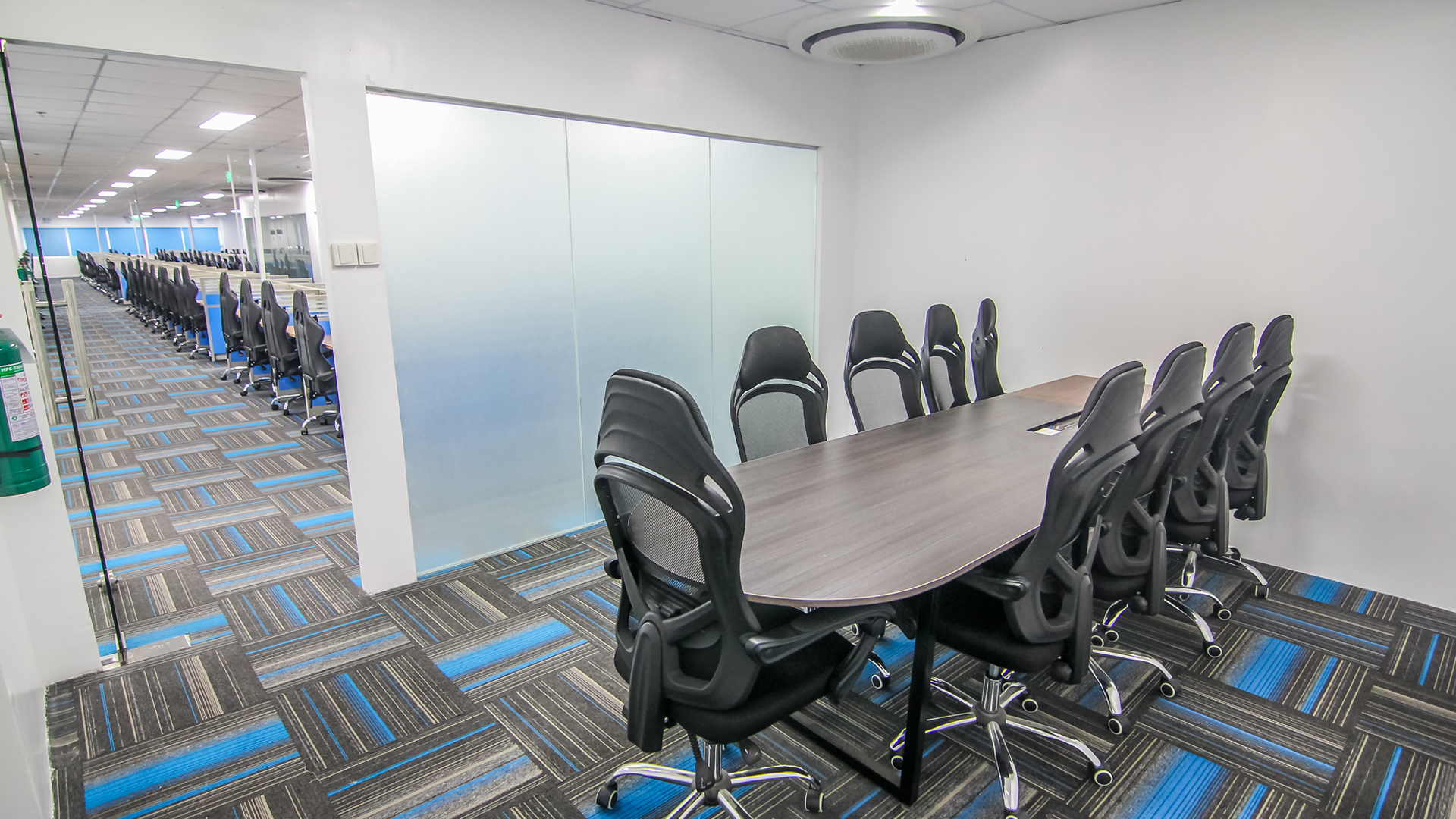In the dynamic world of modern business, effective communication and collaboration are paramount to success. Whether you’re brainstorming new ideas, conducting client presentations, or hosting team meetings, having access to a professional meeting room can make all the difference. In this blog post, we’ll explore the significance of meeting room access and how it can elevate your business operations to new heights.
The Importance of Meeting Room Access
- Facilitating Collaboration. Meeting rooms provide a dedicated space where teams can come together to brainstorm, discuss ideas, and collaborate on projects. By creating an environment conducive to teamwork, meeting room access fosters innovation and creativity within your organization.
- Enhancing Professionalism: When meeting with clients, partners, or stakeholders, presenting a professional image is crucial. A well-equipped meeting room with modern amenities conveys professionalism and instills confidence in your brand, helping to impress clients and make a positive impression.
- Boosting Productivity: Holding meetings in a distraction-free environment helps participants stay focused and engaged. Room access allows teams to conduct efficient, productive meetings without interruptions, leading to better decision-making and problem-solving outcomes.
- Facilitating Remote Collaboration: In today’s globalized world, many business operate with remote or distributed teams. Meeting room access equipped with video conferencing technology enables seamless communication and collaboration among team members located in different geographic locations.
- Privacy and Confidentiality: Certain discussions, such as confidential meetings or sensitive client negotiations, require privacy and discretion. Meeting rooms offer a secure environment where sensitive information can be discussed without the risk of eavesdropping or interruptions.
Leveraging Meeting Room Access for Success
- Choose the Right Location: When selecting a meeting room, consider factors such as location accessibility, and proximity to transportation hubs. Choose a location that is convenient for all meeting participants and reflects the professional image of your organization.
- Evaluate Amenities. Look for meeting rooms equipped with essential amenities such as audiovisual equipment, high-speed internet, whiteboards, and refreshments. Assess your specific needs and preferences to ensure the room meets your requirements.
- Book in Advance. To avoid last-minute scheduling conflicts, it’s advisable to book a room in advance. Many coworking spaces, business centers, and virtual office providers offer online booking platforms, making it easy to reserve meeting rooms with just a few clicks.
- Prepare for Success: Prior to the meeting, ensure that the room is set up according to your specifications. Arrive early to test audiovisual equipment, arrange seating, and prepare any materials or presentations you’ll need during the meeting.
- Follow-Up: After the meeting, follow up with participants to recap key takeaways, action items, and next steps. Sending a follow-up email or scheduling a follow-up meeting ensure that everyone is aligned and accountable for their respective tasks.

Embrace the Power of Meeting Room Access
In conclusion, meeting room access is a valuable resource that can elevate your business operations and drive success. Whether you’re hosting internal meetings, client presentations, or collaborative sessions, having access to a professional room provides a conducive environment for productive discussions and meaningful outcomes. By leveraging room access strategically, you can enhance collaboration, professionalism, and productivity within your organization, ultimately positioning your business for growth and success in today’s competitive landscape.
